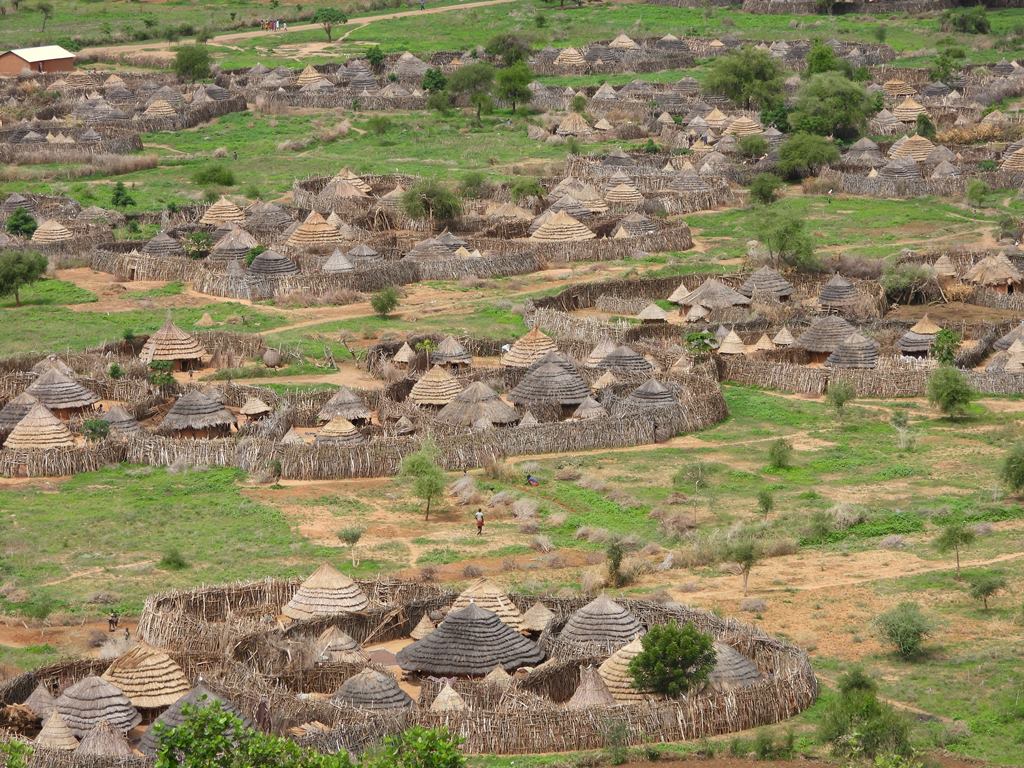2 Comments
Andrew Kaufman March 17, 2023
This is a helpful list. I can add the following:
1. Despite recent progress most people in Rwanda are desperately poor. The $1,500 it costs to see the mountain gorillas is close to triple what the median income was in 2021. If you are seeing the gorillas it would be tactful to avoid mentioning this to Rwandans when possible. Understandably, many Rwandans find the economic disparity this reflects to be hurtful and humiliating, as if they are deemed worth less than animals, although they will not mention this to you.
2. Be tactful and sensitive if President Paul Kagame comes up in a conversation with Rwandans. He’s worked wonders in avoiding a sequel to the genocide and he led the military campaign that ended it. But a number of his opponents have turned up dead under mysterious circumstances and Rwanda is considered one of the most restrictive countries in the world with regard to political dissent. You can ask people what they think of Kigame if you are curious and get involved in an extended serious conversation, but whatever you are told don’t get into a disagreement. Many genocide survivors revere him as their savior. Others are troubled by the amnesty given to most genocide perpetrators other than its organizers and leaders.
3. The advice not to bring up the genocide in conversations that are fleeting or superficial is well-taken. But in longer, more serious conversations, sincere and informed expressions of sympathy for the murder of loved ones and for the trauma suffered by virtually all genocide survivors is often welcomed. Being open to hearing survivors’ stories and offering your sympathy can mean a great deal to many Rwandans. Just be careful to follow people’s lead and don’t press anyone to discuss things or answer questions they don’t seem comfortable with.
4. Be sensitive to the fact that the United States and all of Europe turned heir backs when a small number of troops could have prevented or stopped the genocide.
5. Visit at least one genocide memorial. The Kigali Genocide Memorial is the largest and most comprehensive.
5. Try to gain a basic understanding of the Rwandan genocide and of what preceded and followed this. The most helpful and comprehensive book I’ve read on this subject is
We Wish to Inform You That Tomorrow We Will Be Killed With Our Families: Stories from Rwanda, by Philip Gourevitch, although there are a number of other excellent books. For a shorter overview check out my account at: https://www.todaysamericancatholic.org/2020/09/the-devil-was-running-things-then/
PS If anyone is interested in writing a review of my just-released book, The Rwanda Poems: Voices and Visions from the Genocide, and posting this on either Amazon or Goodreads, contact me and I will send you a free copy if you are in North America and an electronic copy if you are in Europe or Africa.
A description of the book can be found here: https://www.nyq.org/books/title/the-rwanda-poems
Some poems from the book are here: https://andrewkaufman.wordpress.com/sample-poems

